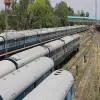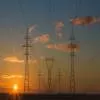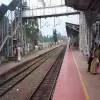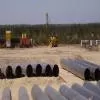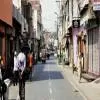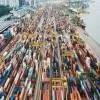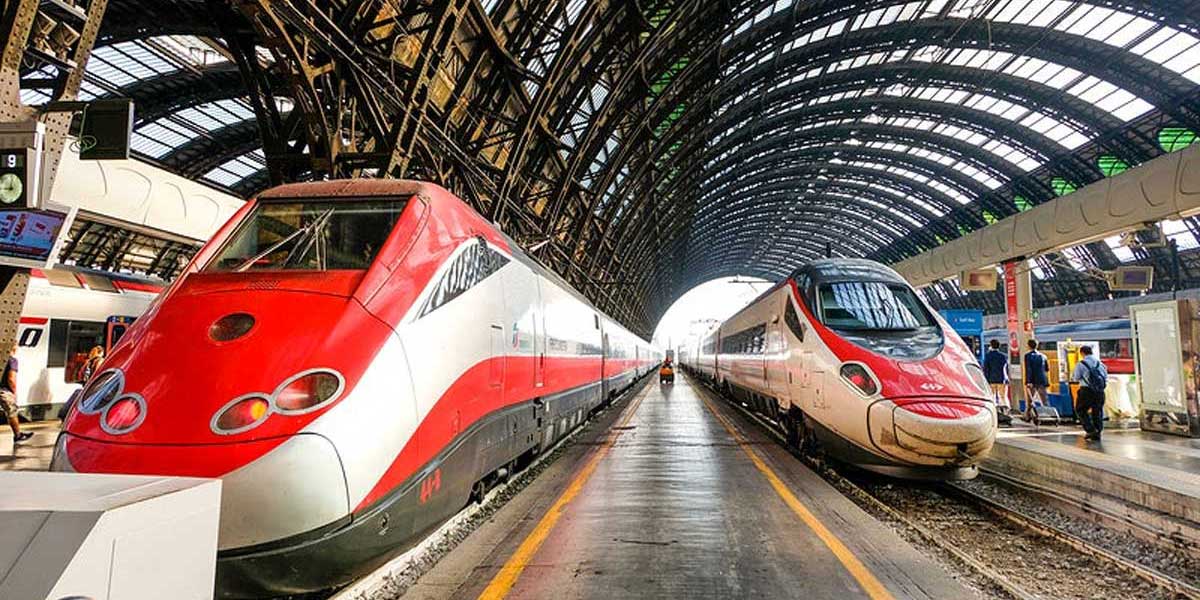
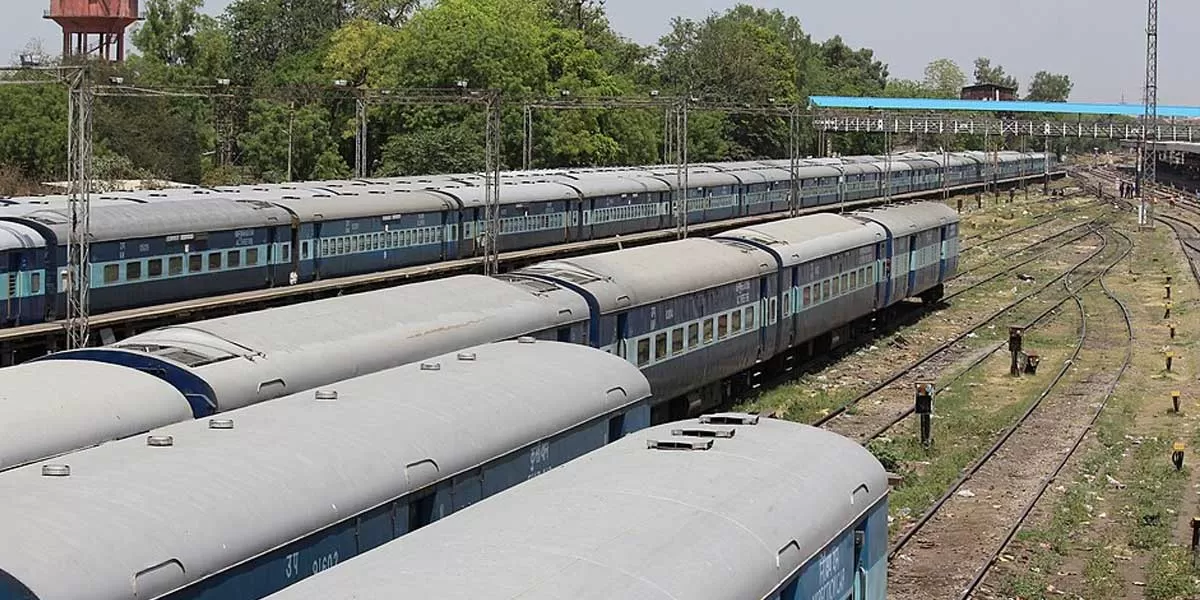
Virar-Dahanu Railway Upgrade 35% Complete, Set to Add 200+ Services
The four-tracking project between Virar and Dahanu, undertaken by the Maharashtra Rail Vikas Corporation (MRVC), has reached 35% completion. Part of the Mumbai Urban Transport Project-3, it is scheduled for completion by 2027, according to Lokmat. With a budget of Rs 35.78 billion (£350 million), the 64-kilometre project involves the construction of third and fourth railway tracks. These additions will alleviate congestion on the existing dual-track system, which currently struggles with heavy traffic from suburban, freight, and express trains, restricting service expansion. Major Boost for..
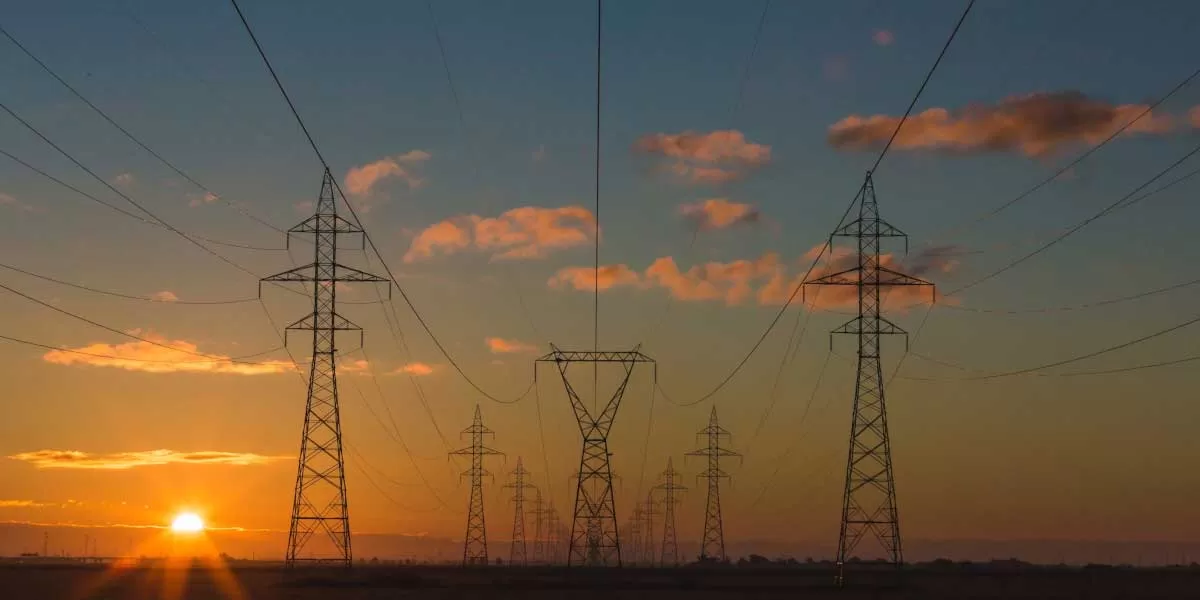
Tamil Nadu Tenders 1 GWh Battery Storage with VGF Support
Tamil Nadu Green Energy Corporation Ltd (TNGECL) has invited bids for the development of six standalone battery energy storage systems (BESS) with a total capacity of 1,000 MWh (500 MW x 2 hours). The systems will support Tamil Nadu Power Distribution Corp. Ltd (TNPDCL) by providing on-demand energy storage to manage peak and off-peak demand. Bidding closes on 2 April. Government Support and Project Details Under the state’s viability gap funding (VGF) scheme for BESS development, the central government will provide up to 30% of the capital cost or ?27 lakh per MWh, whichever is lower. Thi..
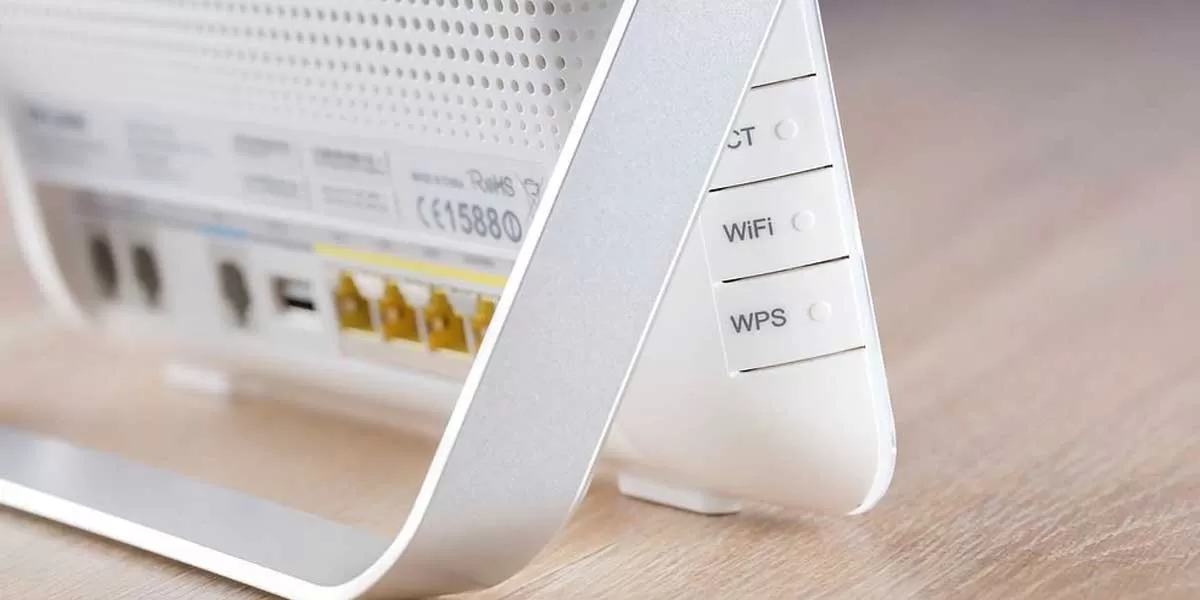
India Boosts Smart Meter Rollout with Wi-SUN FAN Certification
India is set to accelerate its smart meter deployment with the introduction of the Wi-SUN Field Area Network (FAN) certification programme. This initiative will streamline the rollout of smart meters and Internet of Things (IoT) devices, ensuring they meet stringent security, resilience, and interoperability standards. The Wi-SUN Alliance has launched this certification to validate smart meters, Data Concentrator Units (DCUs), communication modules, and smart sensors. It guarantees seamless integration within connected ecosystems, supporting India’s growing smart grid and smart city project..




